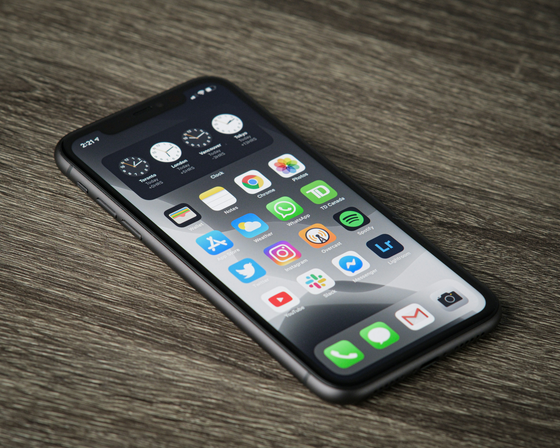It is clear that third-party browsers such as Opera, DuckDuckGo, Brave, Vivaldi, Ecosia, and Aloha Browser are increasing their user base due to the EU's Digital Market Law

Since the European Union's (EU)
Exclusive: EU's new tech laws are working; small browsers gain market share | Reuters
https://www.reuters.com/technology/eus-new-tech-laws-are-working-small-browsers-gain-market-share-2024-04-10/

Alternative browsers report uplift after EU's DMA choice screen mandate | TechCrunch
https://techcrunch.com/2024/04/10/eu-dma-browser-choice-screen-early-impact/
Most of the OS shares in the smartphone market are occupied by iOS developed by Apple and Android developed by Google. Until now, Safari and Chrome have gained a large share of the market due to advantages such as being 'set as the default browser from the beginning'. However, this situation is considered unfair, and the EU DMA forces OS manufacturers to display a 'browser selection screen' to allow users to freely choose their browser.
The browser selection screen is as follows, which allows users to freely choose their default browser.
Oh, I finally got the DMA default browser screen.
— Grégoire Gaonach (@GregoireGaonach) April 7, 2024
But I guess people choose their browser based on a vague memory of a familiar logo. Good time to double down on advertising. pic.twitter.com/ihm5XRP3oo
Since the browser selection screen was launched, it has become clear that the share of small browsers developed by independent developers has been increasing in the EU.
Cyprus-based Aloha Browser has announced that its number of users in the EU has surged by 250% since the beginning of March 2024. With the DMA coming into force, Aloha Browser users have reportedly increased 2.5 times in Spain, 3 times in France, 2 times in Italy, 2.5 times in Germany, 2 times in Poland, 2.5 times in Sweden and 2 times in Denmark.

Aloha Browser markets itself as a privacy-focused alternative to browsers owned by major tech companies and averages 10 million monthly users. Instead of tracking users or showing them ads, Aloha Browser makes money through a paid subscription service.
'The EU was our fourth largest market, but now it's our second largest,' Aloha Browser CEO Andrew Frost-Moros told Reuters.
In addition to Aloha Browser,
However, since the browser selection screen introduced by DMA is still in the process of being rolled out, the share of third-party browser apps is expected to continue to grow.

Apple's iOS has a different browser selection screen for each of the 27 EU countries, with up to 11 browser apps displayed, including Safari. Apple plans to update this browser selection screen once a year. DuckDuckGo and Opera are displayed on the browser selection screen in all 27 countries, while Aloha Browser is displayed in 26 countries, Ecosia in 13 countries, and Vivaldi in only 8 countries.
On the other hand, while Google already displays the browser selection screen on its own smartphones, it does not display the browser selection screen on all Android devices made by other companies. A Google spokesperson told Reuters, 'We do not yet have any data to share regarding the browser selection screen.'
Vivaldi CEO John Stevenson von Tetzchner said that on iPhone, the browser selection screen only appears when users click on Safari, so 'the browser selection process is so complicated that users are likely to choose Safari or a more popular browser.'
Related Posts:







